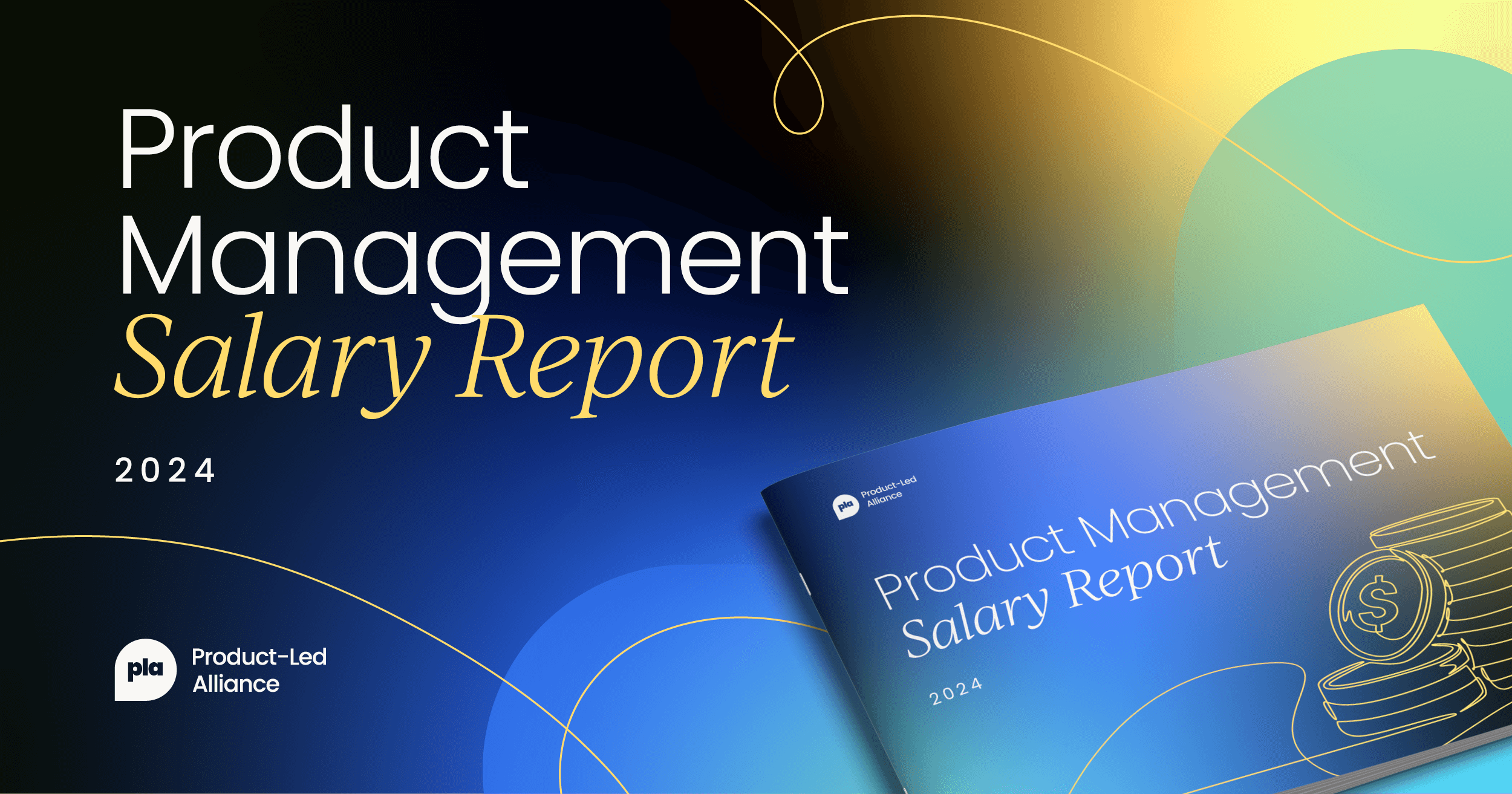Universal search has evolved from simple keyword matching to AI-driven intelligence, transforming how users find and interact with content. A well-designed search experience minimizes friction, enhances personalization, and ensures that users can quickly find the most relevant content.
However, striking the right balance in personalization is crucial—overly broad search results can overwhelm users, while overly restrictive filters may prevent them from discovering valuable content.
What is universal search?
Universal search is a feature on search engines that combines and displays images, maps, news, videos, and web pages into a single results section, usually displayed above the organic search results.
Universal search and productivity: Enhancing efficiency for users
Productivity is not just about completing tasks efficiently; it also involves how individuals access and organize information to streamline their workflows. Every day, I log into my workspace needing quick access to essential files, reports, and resources. If search is cumbersome or inefficient, it disrupts my workflow and reduces overall productivity. An intelligent search system could solve by ranking items based on relevance and recent usage.
For example, a popular platform for AI courses offers a vast array of courses for different skill levels. Ideally, learning should be a smooth and intuitive experience, but when search functionality is lacking, it can become a frustrating endeavor.
Previously, the platform allowed users to filter courses by topic, making it easy to find relevant material. However, when topic filters were removed in favor of a universal search with infinite scrolling, the experience became less structured. Instead of enabling focused learning, users now have to manually sift through numerous results, adding unnecessary friction.
A more effective universal search would strike a balance between personalization and usability. Imagine a system that not only provides a universal search bar but also integrates AI-driven suggestions—identifying beginner-friendly topics and refining recommendations dynamically.
If I searched for "multimodal learning," the system could suggest related topics and relevant courses, creating a structured yet flexible learning path. Such an approach would enhance efficiency, ensuring users spend more time learning rather than searching.
Universal search in E-Commerce: A personalized shopping experience
E-commerce platforms require highly optimized search experiences, as user intent varies from casual browsing to specific product searches. I recall shopping online for a specific pair of running shoes but struggling to find the right model despite knowing the brand and key features.
Traditional keyword searches often surfaced irrelevant listings, leading to a frustrating experience. However, AI-powered semantic search and site search have transformed this process.
In the past, searching for "lightweight marathon running shoes with ankle support" meant relying on exact brand names or predefined categories. Now, semantic search understands intent rather than just keywords, analyzing product descriptions, user reviews, and even FAQs to surface the most relevant results.
Instead of a random mix of shoes, I now see highly relevant recommendations—even for brands I hadn’t considered before.
This AI-driven site search also improves discovery by refining results dynamically. Previously, users had to manually filter by brand, size, and price, which, while structured, sometimes made exploration tedious.
With AI-enhanced search, results are refined automatically. If I search for "hiking boots for rocky trails," the system might suggest best-selling models, user reviews from hikers, and even related gear, making the experience more interactive and context-aware.
However, too much automation can create friction. Some platforms have removed manual filters entirely, making it harder to refine searches precisely. The ideal approach blends AI-powered suggestions with user-controlled refinements, ensuring an intuitive and efficient search experience.
These advancements in site search and semantic search have transformed e-commerce into a smart discovery engine, helping users find what they need faster while uncovering better alternatives.
Education: AI-driven learning and knowledge discovery
Education has seen a significant transformation with AI-powered tools, particularly in the way students and professionals access and understand complex information.
AI-driven search capabilities have made it easier to interact with scholarly content, breaking down barriers to learning. For example, when reading research papers filled with graphs and charts, users can now upload these visual elements into AI models that interpret and explain them, providing additional context and examples to enhance comprehension.
Instead of scouring multiple sources to understand intricate details, learners can receive structured explanations directly within their workflow, making learning more efficient and intuitive.
Beyond research, AI has also revolutionized technical education, particularly in coding and problem-solving. In the past, learning databases or programming required extensive theoretical study before hands-on experience. Now, AI-powered coding assistants act as real-time tutors, allowing users to input logical problem statements and receive interactive guidance.
Learning on the job is the most struggling experience that many of us have experienced. By iterating on code with AI feedback, learners can debug, refine, and understand programming concepts much faster than before. What once took hours of trial and error can now be resolved in minutes, accelerating the learning process and making technical education more accessible.
By seamlessly integrating AI-driven search and assistance into education, learners can quickly find relevant information and engage with it in a structured, intuitive manner, improving retention and practical application without unnecessary friction.
The expanding role of AI in universal search
As AI continues to advance, universal search is becoming more user-centric, optimizing experiences based on industry needs. Whether it’s improving workplace productivity, simplifying learning journeys, or refining e-commerce shopping, universal search plays a crucial role in enhancing efficiency.
My journey from manual searches to AI-enhanced search solutions has underscored how these advancements have drastically improved user experience. When done right, universal search feels intuitive and empowering—when misaligned, it can introduce friction. As organizations continue investing in AI-driven search capabilities, we can expect even more refined and intuitive search experiences in the future.
Are you earning what you deserve as a product manager?
Staying informed about global compensation trends is essential to advancing your career and negotiating effectively. That’s why we surveyed PMs across the globe to get an in-depth look into what they’re making so you can act accordingly.




 Follow us on LinkedIn
Follow us on LinkedIn




